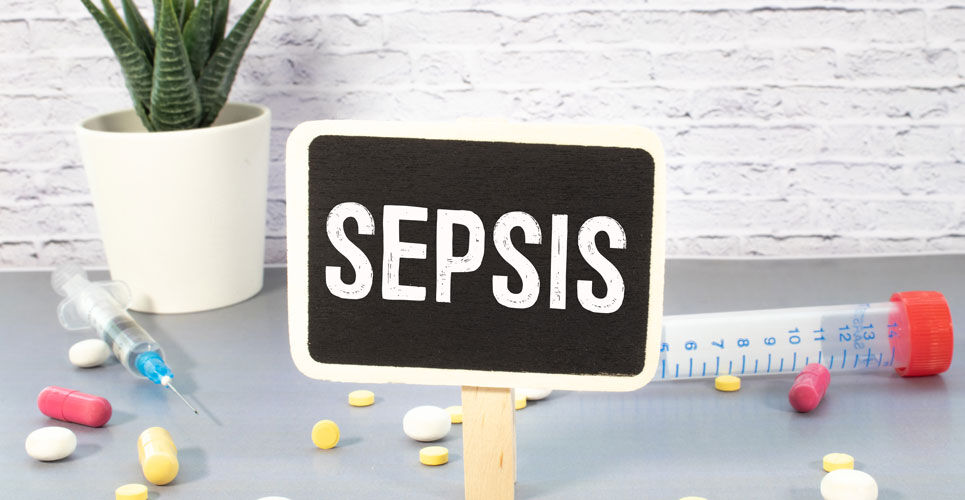Severe vitamin D deficiency upon admission to hospital for severe sepsis increases mortality risk and the duration of hospital stay.
Patients who have severe vitamin D deficiency when admitted to hospital with suspected sepsis have both a higher risk of death and a longer hospital stay according to prospective study by researchers from Belgium and Italy.
Alterations in the levels of vitamin D have been linked to a higher susceptibility to immune-mediated disorders and inflammatory diseases.
Despite vitamin D having a potential role in the optimal functioning of the immune system, whether or not correction of vitamin D depletion, particularly among critical care patients, serves an important adjunctive role in either the prevention or treatment of infection is uncertain.
If anything, the available evidence would indicate that vitamin D administration does not improve clinical outcomes among critically ill patients.
However, in many of the currently available studies, vitamin D levels were normally measured during a patient’s stay at hospital or after the provision of various treatments, both of which could have affected levels of the vitamin.
Consequently, the Flemish and Italian team wondered whether severe vitamin D upon admission to hospital in those with severe sepsis impacted on subsequent outcomes.
The researchers recruited adult patients admitted to an emergency department with a suspicion of severe sepsis and measured their vitamin D levels alongside routine blood tests.
Using the patient’s medical records, the team also collected demographic and clinical factors such as the age-adjusted Charleson Comorbidity Index (ACCI), Acute Physiological and Chronic Health Evaluation II (APACHE II) and Sequential Organ Failure Assessment (SOFA) scores.

Severe vitamin D deficiency was defined as a level < 12 ng/ml and moderate severity, between 12 and 20 ng/ml.
The primary outcome was the 90-day all-cause mortality and for the secondary outcomes, the team selected a number of measures, one of which was the length of hospital stay.
Severe vitamin D levels and mortality
A total of 164 patients with a median age of 66.7 years (35% female) were included in the study. Among the cohort, 46.3% of patients had vitamin D levels below 12 ng/ml and 121 were admitted to intensive care.
The 90-day all-cause mortality occurred in 26.4% of the entire cohort and the median hospital length of stay was 14 days.
Among those with vitamin D levels below 12 ng/ml, 32.9% of patients died compared to 20.5% in the non-severe deficiency group (p = 0.07).
Nevertheless, in multivariable analysis after adjustment for sepsis severity and co-morbidities, this was found to be independently associated with 90-day mortality (odds ratio, OR = 2.69, 95% CI 1.03 – 7, p = 0.043).
Using Cox analysis, again adjusted for confounders, severe vitamin D deficiency was also associated with a lower chance of hospital discharge (hazard ratio, HR = 0.66, 95% CI 0.44 – 0.98, p = 0.043).
In addition, among patients admitted to ICU, those with severe vitamin D deficiency had a higher risk of 90-day mortality (HR = 3.06, 95% CI 1.05 – 8.94, p = 0.04) and a lower chance of discharge (HR = 0.51).
Citation
Malinverni S et al. Severe vitamin D deficiency in patients admitted to the emergency department with severe sepsis is associated with an increased 90-day mortality Emerg Med J 2022.

